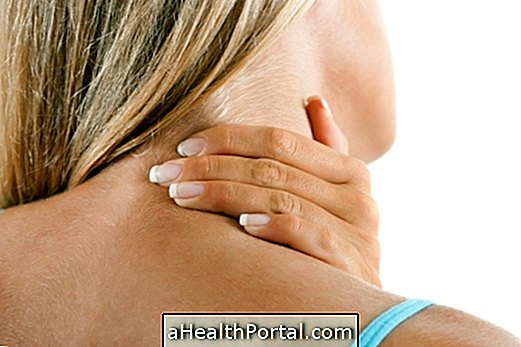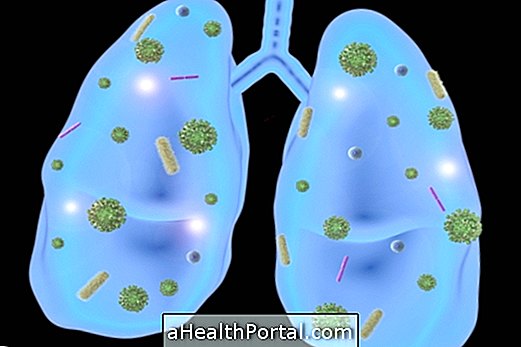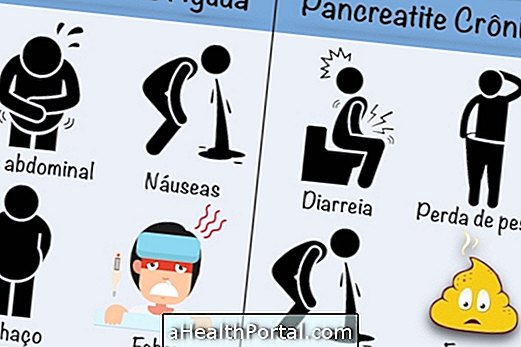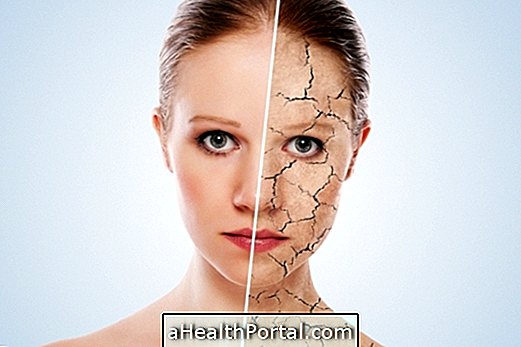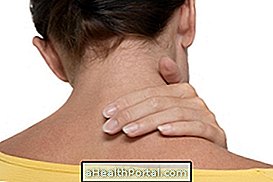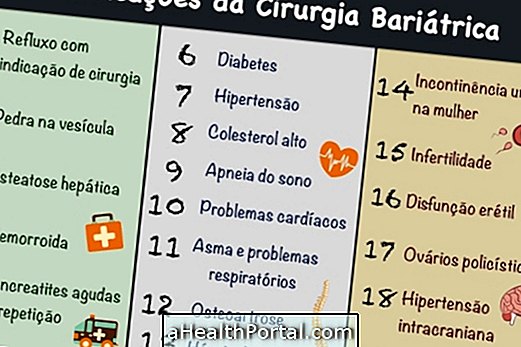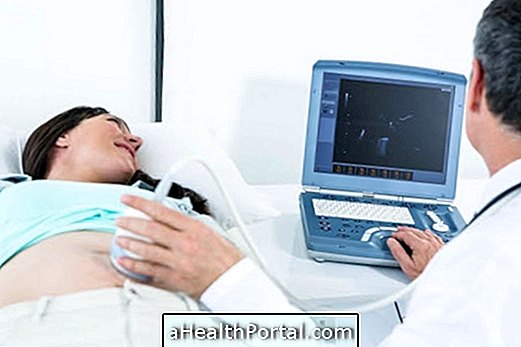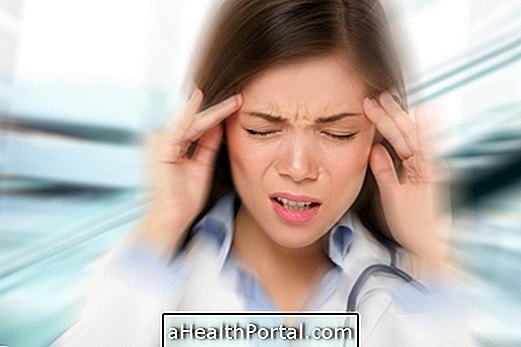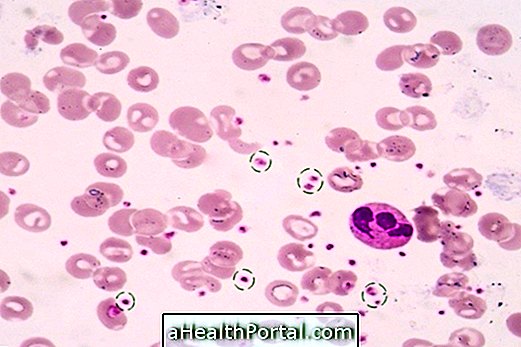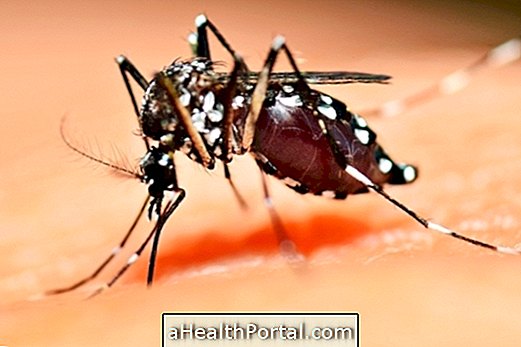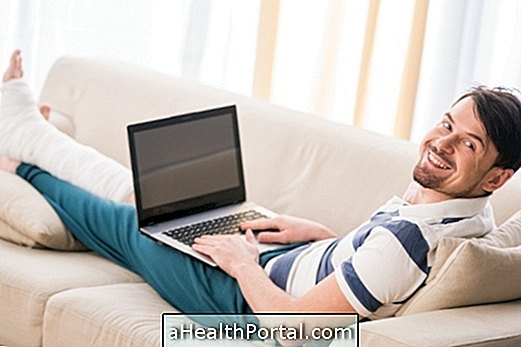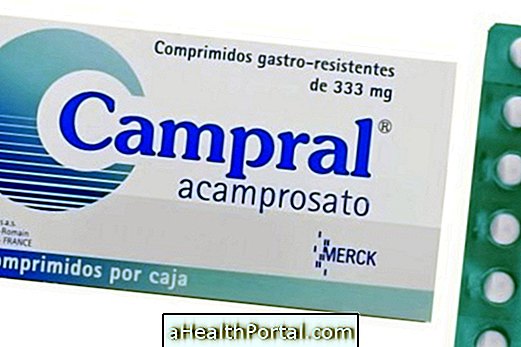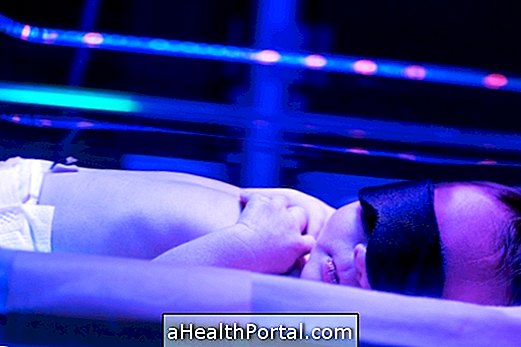Leg pain can have several causes, such as poor circulation, sciatica, varicose veins, excessive physical exertion or neuropathy, and therefore, to identify their cause, one must observe the exact location and characteristics of the pain, as well as both legs are affected or only one.
Resting pain usually indicates circulation problems, such as peripheral vascular disease, while leg pain on awakening may be a sign of nocturnal cramp or lack of circulation. Already the pain in the legs and in the back can be symptom of problems in the column or compression of the nerves, for example.
Other less common causes lupus, gout or Paget's disease. When leg pain is more related to fatigue and lack of energy the doctor may suspect fibromyalgia, chronic fatigue syndrome or myofascial pain, for example.
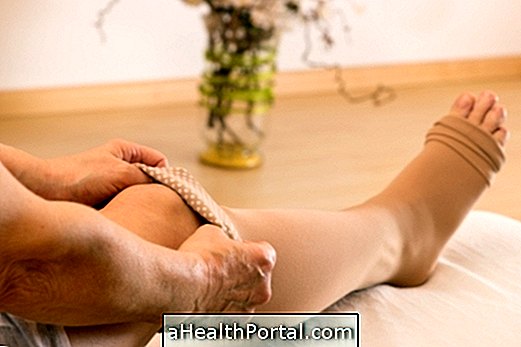
1. Poor circulation
Leg pain caused by poor circulation mainly affects the elderly and can appear at any time of the day but worsens after spending some time sitting or standing in the same position. The feet and ankles may become swollen and purplish in color, indicating difficulty in returning blood to the heart.
A somewhat more serious condition is thrombosis, which occurs when a small clot can interrupt part of the circulation to the legs. In this case, the pain is more often located in the calf, and there is difficulty in moving the feet. This is a situation that can happen after some surgery or when using contraception without medical advice.
- How to relieve: Lying on your belly up with your legs elevated for 30 minutes may help, but your doctor may indicate the use of remedies to improve circulation, as well as the use of elastic compression stockings. In case of suspected thrombosis, you should go to the hospital quickly.
2. Muscle problems
Muscle pain may arise after sudden physical exertion, such as after intense physical exercise or wearing an uncomfortable shoe, for example. In these cases, the pain usually arises at the end of the day and is often felt as "leg fatigue". Another common cause of leg pain of muscular origin is cramps that usually occur at night and are very common during pregnancy.
- How to relieve: Take a warm bath and lie down with your legs elevated because this facilitates blood circulation, reducing fatigue. See other solutions that may help with cramps.
3. Joint problems
Especially in the elderly, leg pain may be related to orthopedic problems such as arthritis or arthritis. In these cases other symptoms should be present such as joint pain and stiffness in the first 15 minutes of the morning.
- How to relieve: Apply a hot compress on the affected joint, such as knee or ankle, for about 15 minutes. In addition, it is recommended to consult the orthopaedist as you may need to take anti-inflammatories or do physiotherapy. Learn more: How to treat the most common types of arthritis.

4. Column changes
When leg pain is caused by changes in the spine, the person may feel pain in the back, buttocks and part behind the thigh, and there may also be a tingling sensation or weakness in the legs. In addition, leg pain while walking may be a symptom of inflammation of the sciatic nerve or herniated disc, for example.
- How to relieve: put a warm compress on the pain site, letting it act for 20 minutes, avoiding exertion, lifting heavy objects and, in some cases, may need physiotherapy. If you feel the pain is caused by the sciatic nerve, answer the following questions:
- 1. Pain in tingling, numbness or shock in the spine, gluteal, leg or sole of the foot. Yes No
- 2. Burning sensation, cracked or tired leg. Yes No
- 3. Weakness in one or both legs. Yes No
- 4. Pain that gets worse by staying too long. Yes No
- 5. Difficulty walking or staying too long in the same position. Yes No

Leg pain in pregnancy
Leg pain in pregnancy is a very common and normal symptom, especially in early pregnancy, as there is a large increase in the production of estrogen and progesterone, which cause dilatation of the veins of the legs, increasing the volume of blood in the legs of the woman. The growth of the baby in the womb, as well as the weight gain of the pregnant, lead to compression of the sciatic nerve and the inferior vena cava leading to swelling and pain in the legs.
To alleviate this discomfort, the woman can lie on her back with her knees bent, doing a stretching exercise of the spine and resting with her legs raised. See more solutions to relieve leg pain with bloating during pregnancy in this video:

When to go to the doctor
It is advised to go to the doctor when the pain in the legs is very intense or when there are other symptoms. It is also important to go to the doctor:
- When the pain in the leg is localized and very intense;
- When there is stiffness of the calf;
- In case of fever;
- When the feet and ankles are very swollen;
- In case of suspected fracture;
- When it does not allow work;
- When it makes walking difficult.
The consultation should refer to the intensity of the pain, when it appeared and what was done to try to soften. The doctor may order tests to indicate the appropriate treatment, which can sometimes include use of medications or physical therapy.
However, natural pain relievers can be used to relieve pain. Here's how to relieve pain with natural painkillers in the following video:

